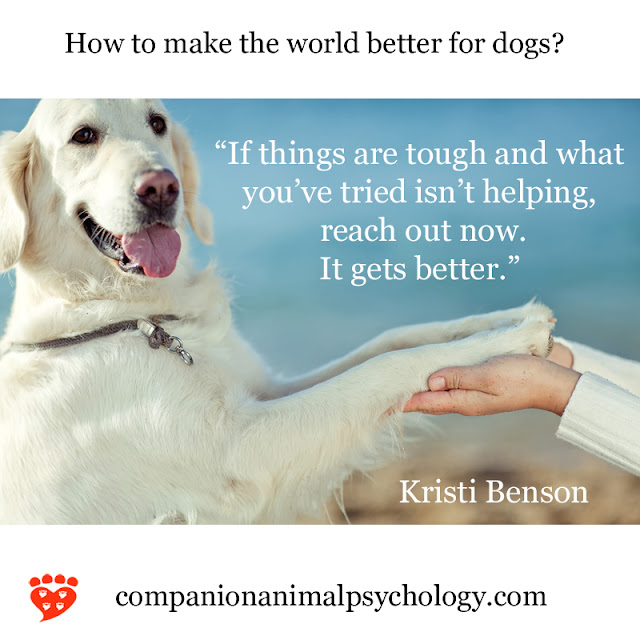Some of my favourites from around the web this month
Are dogs really our best friends? Marc Bekoff on the consequences of misrepresentations of dogs.
“Heart dog. Say those two words to any dog lover and their eyes will go soft.” Debby McMullen on what the phrase ‘heart dog’ means to her at Victoria Stilwell’s site.
Small dogs aim high when they pee. Julie Hecht on a fascinating new study of peeing dogs and the possible explanations.
“Determining a pet's "real" age is actually important because it helps veterinarians like me recommend life-stage specific healthcare for our animal patients.” Do you ever wonder how old your pet is in dog or cat years? Veterinarian Jesse Grady explains.
“Our cats may purr when we pet and tickle them, but it’s a much more complicated form of communication than we've assumed.” The complicated truth about a cat’s purr by Stephen Dowling for BBC Features.
Pete Wedderburn on the perils of poorly bred pedigree cats and what to look for if you’re getting a pedigree cat (podcast).
Animal Book Club
This month the Companion Animal Psychology Book Club is reading Canine Confidential: Why Dogs Do What They Do
Here at Companion Animal Psychology
“But for your average pet lover, it can be hard to figure out the best way to make their animals’ lives better. Enter Companion Animal Psychology, a blog packed with research-based information on how pets think.”Erin Blakemore profiled Companion Animal Psychology at the Washington Post.
I spoke to Jesse Mulligan at Radio New Zealand and answered listeners’ questions about pets for Pet psychology. It’s 20 minutes long so make a cup of tea or coffee before settling down to listen.
Do you ever wonder if your dog shows signs of fear anxiety and stress? I wrote a guide: how can I tell if my dog is afraid? And if the answer is yes, I’ve also got eight tips to help fearful dogs feel safe.
This month I published an interview with British dog trainer Jane Sigsworth. I asked her about working with dogs that are fearful or aggressive, and the things that owners find particularly hard.
Meanwhile, the danger hidden in plain sight in photos of dogs and children gives you three things to think about when looking at such photos – and even better, to put into practice when supervising dogs and young kids.
Support Companion Animal Psychology
Companion Animal Psychology brings you evidence-based ways to have happy dogs and cats, and reports the latest science on companion animals. It takes me a long time to prepare and write each post, and I would love to have the time to write more.
If you love Companion Animal Psychology, you can support me on Ko-fi. (Ko-fi does not charge fees).
A better world for dogs and cats
These are the latest images from the series about a better world for dogs and a better world for cats.
Companion Animal Psychology is a participant in the Amazon Services LLC Associates Program, an affiliate advertising program designed to provide a means for sites to earn advertising fees by advertising and linking to Amazon.com and affiliated sites. Companion Animal Psychology is also a participant in the Etsy Affiliate Program, an affiliate advertising program designed to provide a means for sites to earn advertising fees by advertising and linking to Etsy.com.























